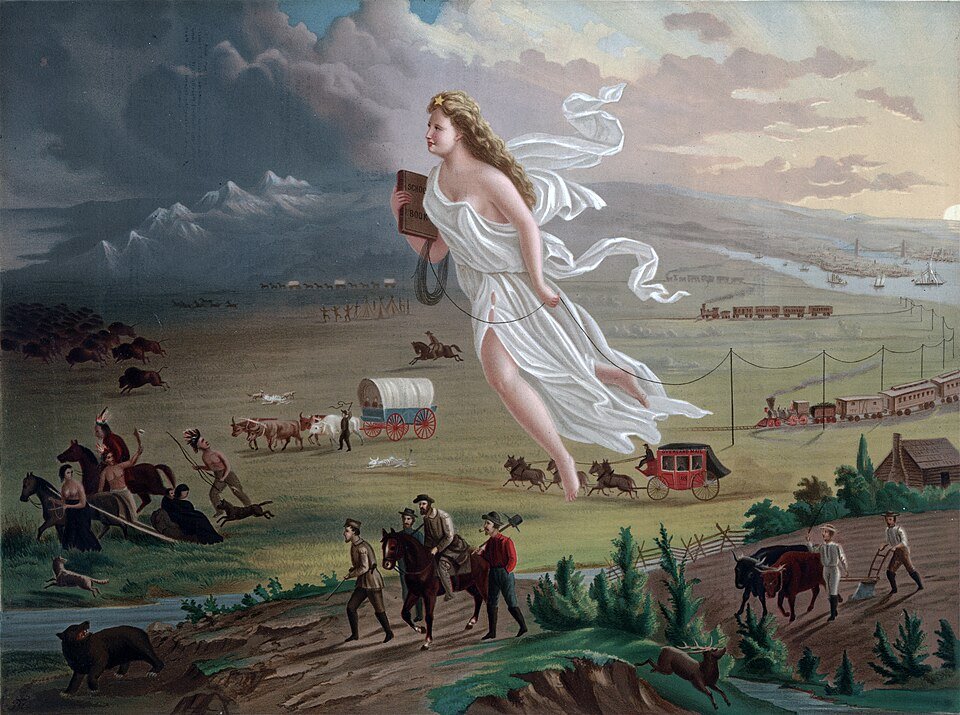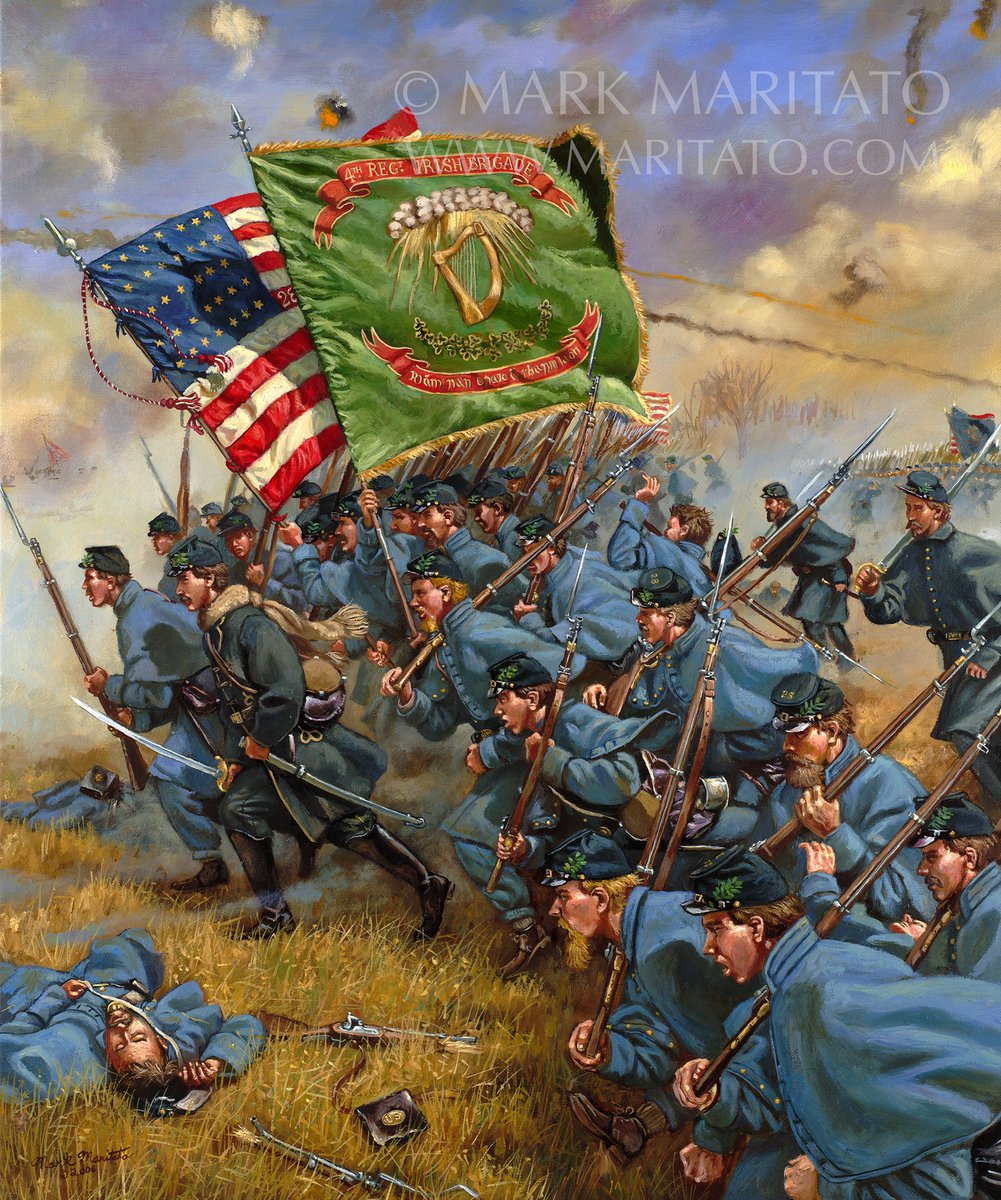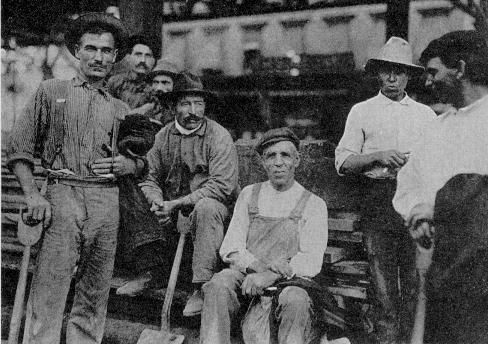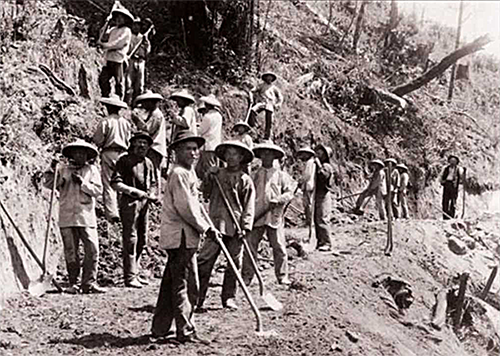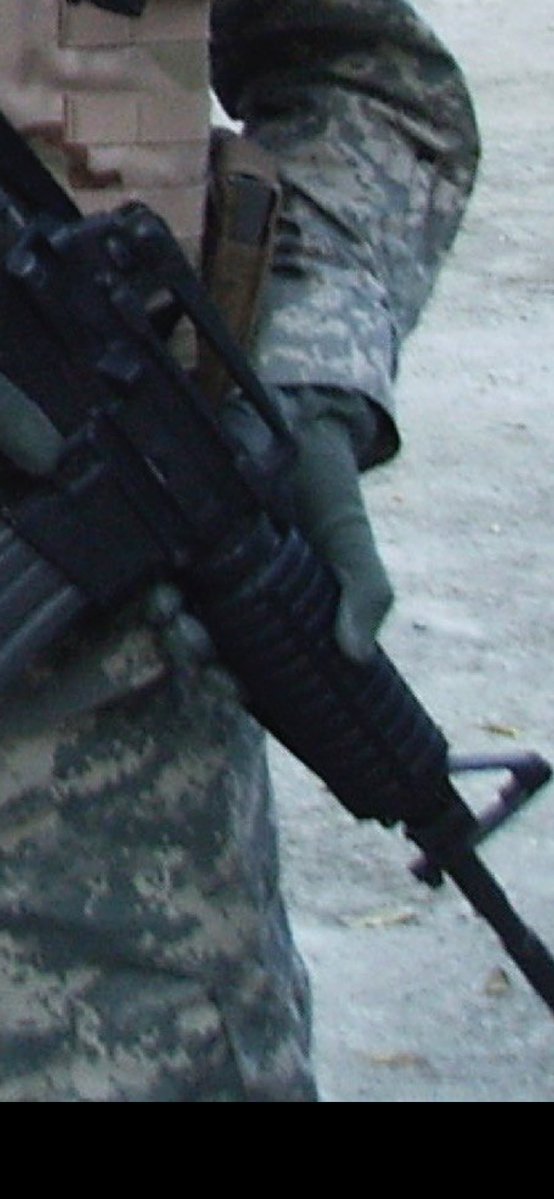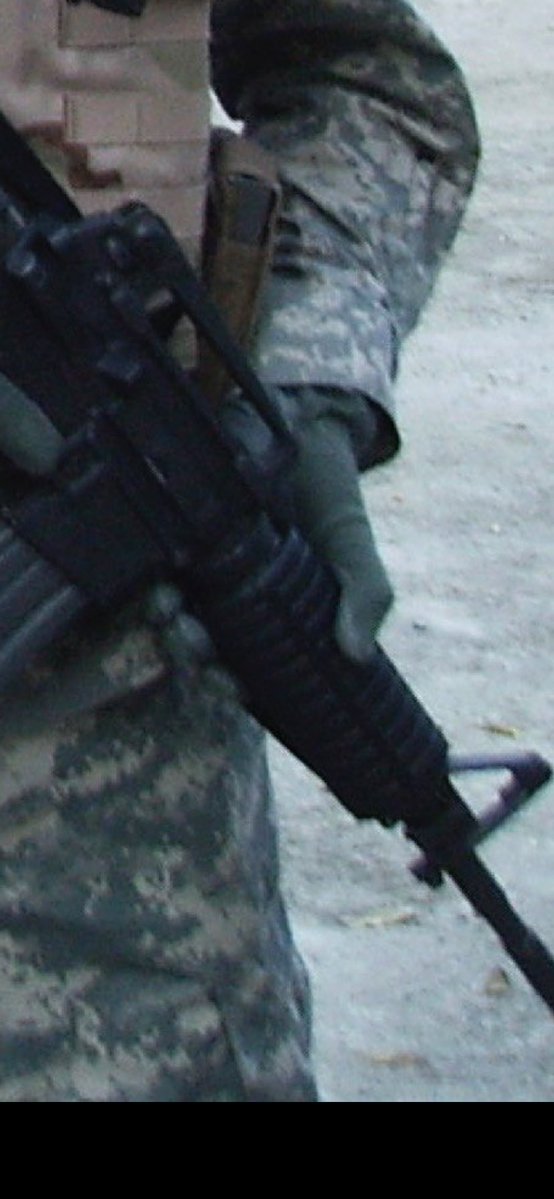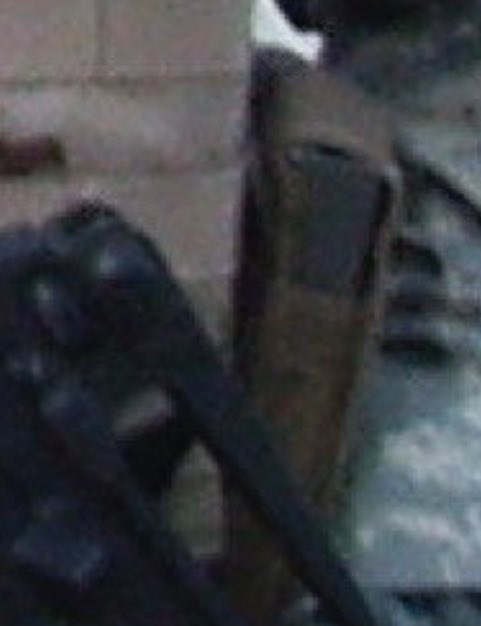History remembers the big things: the empires and the great kings and conquerors. But often it is common men who turn the tides. In the right place, at the right time, they stand in the path of history and by their will alter its course, like at the 1940 Battle of Drøbak Sound. 

1/ In early 1940 the Second World War was going well for Germany. Having recaptured most of the former German Empire, they were enjoying the period known at the Phoney War, when Great Britain and France sat around and did nothing while the Germans took their half of Poland. 

2/ But the Germans were not done, their war machine desperately needed Swedish iron ore. To create a buffer against Allied interdiction, and to give the Kriegsmarine access to more Atlantic ports, they decided to add neutral Norway to their win column. 

3/ Their plan was simple, sail their brand new, state of the art heavy cruisers right up the fjord to Oslo, capture the king and the state gold reserves, and the rest of the country will fall in line.
The Kriegsmarine Kampfgruppe sailing to Oslo was small but extremely powerful.
The Kriegsmarine Kampfgruppe sailing to Oslo was small but extremely powerful.

4/ Leading the German battle line was the heavy cruiser Blücher, less than a year old. At the time, battleships still ruled the Atlantic. The only one sunk so far in the war had been an old one, sunk in harbor at anchor, by a submarine.
5/ Both sides assumed their heavy surface fleets would bring victory. The Blücher was a ship built semi-illegally under the German re-armament effort.
It was 18,000 tons, carried 20 heavy guns, including eight 203mm's, and could do 32 knots on the open seas. She was a monster.
It was 18,000 tons, carried 20 heavy guns, including eight 203mm's, and could do 32 knots on the open seas. She was a monster.

6/ She was designed to chase down enemy ships all over the world’s oceans, and send them mercilessly to the depths. The Blücher also carried about a thousand men of the 163rd Infantry Division, and a large number of Gestapo agents. 

7/ They hoped to capture and garrison the Norwegian capital quickly to crush Norway's resistance. All that stood between them and another quick victory was a 64-year-old man, a company of conscripts, and guns that were half a century old. 

8/ Norwegian Colonel Birger Eriksen had spent his long career in the Coastal Defense Artillery, back when that was a thing. He commanded the Oscarborg Fortress, which was the last line of defense before Oslo. The fort boasted 3, 280mm guns bought in 1893 from…Germany. 



9/ It also had two torpedo launchers, firing 40 year old torpedoes originally purchased from the extinct Austro-Hungarian Empire. Manning the guns were a collection of raw recruits and some trained officers, who in normal circumstances were no match for the oncoming Germans. 



10/ Eriksen knew ships were coming up the fjord, but in the dark the outposts further up could not determine whose. Were they British, or German? What Eriksen did know was that he and his motley crew were the last line of defense for his King and his country.
11/ At the time, Norwegian ROE was to fire warning shots. But Eriksen knew his poorly trained gun crews, who had only been in the Army for a week, would never be able to reload the guns in time. As the blacked out fleet crept silently nearer, he decided to disobey orders. 

12/ Yelling that "either I will be decorated or I will be court martialed. Fire!” he ordered his guns to fire on the massive ghostly ships. The first Norwegian shell tore into the Blücher, igniting some of the 163rd’s ammunition.
13/ The second slammed into an unarmored aircraft hanger, which the Germans had wisely decided to store aviation gas and fuel in. The fire from the Blücher light up the night sky, and only then did the voices from the burning ship betray the German crews.
14/ The Blücher burned, but it kept sailing past the guns at Oscarborg, and towards Oslo, directly into the sights of Commander Andreas Anderssen (who had retired in 1927). Anderssen fired his torpedoes into the side of the Blücher at point blank range. 

15/ The first struck under a turret, causing minimal damage but the second hit directly below the second shell impact, and tore the Blücher apart. Flames roared through the dying ship as it drifted in the fjord towards the inevitable.
16/ The German crew tried desperately to save the ship, even firing her torpedoes into the shore so they wouldn’t ignite, but it was no use. The ship and the hopes for an easy invasion and occupation were doomed to a grave in an icy Norwegian fjord.
17/ As the rest of the German flotilla turned back, the brand new Blücher rolled over and sunk, taking almost a thousand soldiers, sailors, and Gestapo agents with it. One old man, his two old guns and his old torpedoes had stood between the might of Germany and his king, and won 

18/ He had given his government the day it needed to evacuate Oslo, and to organize a hasty defense. The King and the gold would make it to England, where it would fund the Norwegian Resistance for the next five years of war. One man. 


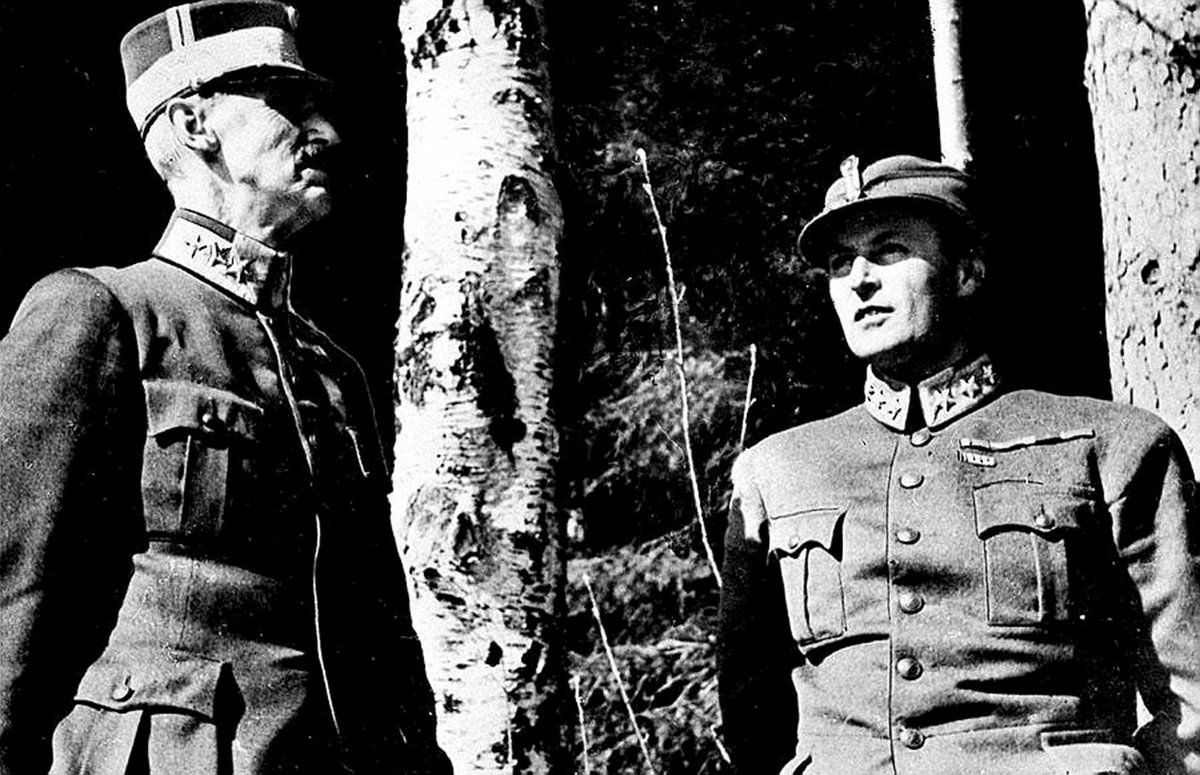


19/ Society tells us the same old story. “Who are you, you are one person, you can’t change anything”. And most of the time, they are correct. One person rarely changes the course of history. But it can. We rarely know the moment is coming, or even is upon us. But we can prepare.
20/ I didn’t know Colonel Eriksen, but I am certain he prepared in his mind for that night. He readied himself both technically and mentally for this decision, and when his time came, he did not freeze. The same is true for us.
21/ We don’t know if we will be asked to answer the call of history, but we can prepare. Maintaining a sharp mental and physical edge, not giving into mental atrophy and refusing the black pill are the only way we will be fit enough to answer that bell. 

22/ Eriksen had as much right as anyone to take a black pill. With his useless ass troops and old ass guns, he had no chance against Germany's best, right? Instead he stood his ground and fought. And today Blücher's anchor sits on display in Oslo as a war trophy. 

23/ He deprived his new enemy of one of the crown jewels on their fleet, and did as much as any regular man to win the largest war in human history.
While generals may have their names etched into immortality, they rarely are the ones who win their most famous battles.
While generals may have their names etched into immortality, they rarely are the ones who win their most famous battles.
24/ It is us. You and me. The regular people who actually shape history. As long as we have done everything we can to prepare for the night our own Blücher rolls down our fjord, we too will have our chance.
• • •
Missing some Tweet in this thread? You can try to
force a refresh


